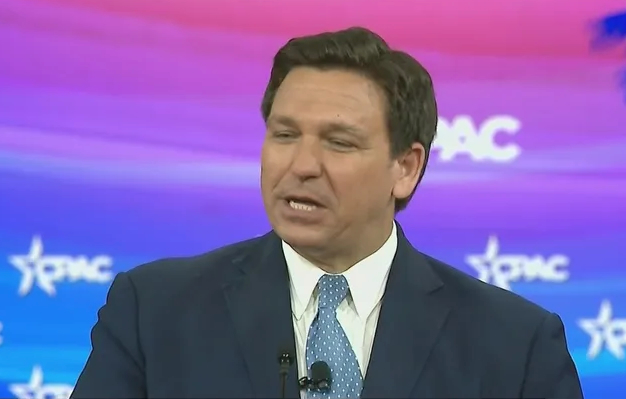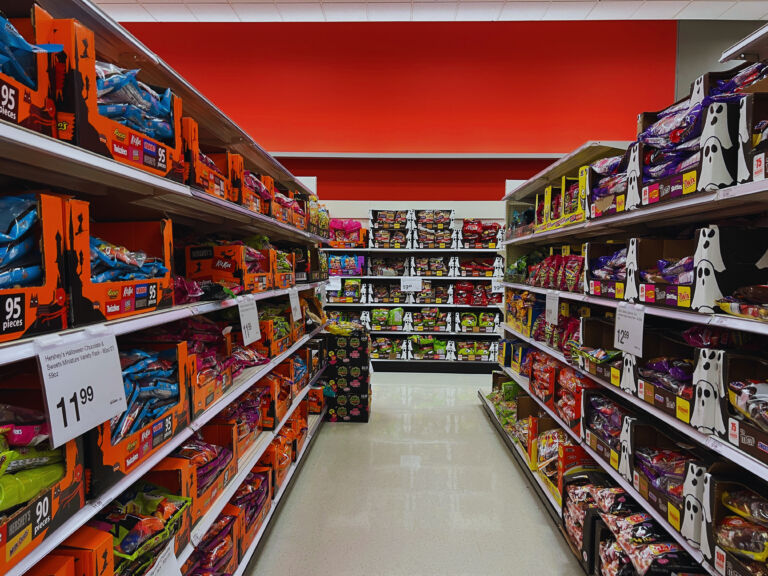David Zimmermann writes for National Review Online about enlightening testimony on Capitol Hill.
Select leaders from the retail industry testified before the House Homeland Security Subcommittee on Counterterrorism, Law Enforcement, and Intelligence on rising organized retail crime across the U.S., with one witness declaring that the coordinated theft and fraud of retail items is “not a victimless crime.”
The congressional testimony on Tuesday comes amid the Christmas shopping season as large organizations of professional shoplifters take advantage of soft-on-crime policies to steal store goods and, in many cases, resell them on the black market to make a profit. Organized retail crime is defined as two or more individuals, as part of a criminal enterprise, illegally obtaining retail merchandise through theft or fraud.
“Retail theft is not a victimless crime. It impacts jobs, consumers, and communities in several ways,” said David Johnston, vice president of asset protection and retail operations at the National Retail Federation, according to the hearing’s publicly available written testimony. “Increased violence involving theft has caused injury to employees and consumers, the unfortunate death of some retail associates, and a fear of working or shopping in high-crime locations. This makes it difficult for retailers to retain or find labor to support consumers.”
In his opening statement, subcommittee chairman August Pfluger (R., Texas) said organized retail crime is different from shoplifting or petty theft, and that even transnational criminal organizations crossing the southern border into the U.S. are contributing to increasing retail theft in both urban and rural areas. Lenient crime legislation, including high felony-theft thresholds and weak bail-reform laws, are failing to deter criminals from engaging in such illegal activity after they are released, added Pfluger.
A combination of these open-border and soft-on-crime policies is causing big-box retailers to shut down business in certain locations. Target, for example, closed nine stores across four cities — New York City, Seattle, San Francisco, and Portland — this September.


